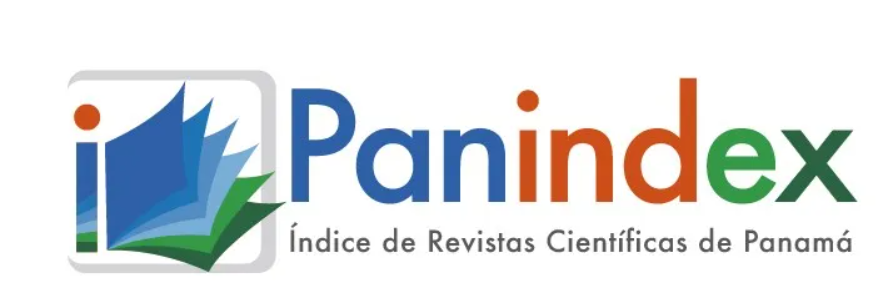The content of the publications and the links suggested in them are the sole responsibility of the authors and not of the METROPOLITAN UNIVERSITY OF EDUCATION, SCIENCE AND TECHNOLOGY (UMECIT) or CATHEDRA magazine. They are protected by international copyright laws just as the UMECIT and CATHEDRA logos, hence their reproduction is totally prohibited
This work is licensed under a Creative Commons Attribution-NonCommercial-NoDerivatives 4.0 International License.
The authors maintain the copyright and transfer the right of the first publication to the journal, with the article registered with Creative Commons Attribution-NonCommercial-NoDerivatives License, which allow others They can download the works published in this magazine and share them with other people, as long as their authorship is recognized, but they cannot be changed in any way nor can they be used commercially.
Authors are recommended to include their work in social networks such as Researchgate and institutional repositories once the article or visible fact has been published on the journal page, without forgetting to include the digital document identifier and the name of the journal.



Abstract
In Panama, during the validity of the previous criminal process, the direction of the investigation and the exercise of the criminal action was the power of the social representation, that is, the Public Ministry, who carried out the acts of investigation to prove its theory of the case. With the promulgation of the new criminal, oral, adversarial and guarantor procedural system, the technical defender acquires a leading role in the investigative role, based on the freedom of investigation and presentation of evidence, for which he requires the adoption of skills that facilitate the effective exercise of the defense in the investigative phase.
Keywords
References
ASAMBLEA GENERAL DE LAS NACIONES UNIDAS (1969). Convención Americana sobre Derechos Humanos. San José, Costa Rica.1969.
CONSEJO DE EUROPA (1950). Convenio Europeo para la Protección de los Derechos Humanos y de las Libertades Fundamentales. 1950.
Constitución Política de la República de Panamá.
HERNÁNDEZ S., R.; FERNÁNDEZ-COLLADO, C.; BAPTISTA L., P. (2007). Metodología de la Investigación. Cuarta Edición, México, McGraw-Hill, pp. 850.
HIDALGO M., JOSÉ D. (2009). La etapa de investigación en el proceso penal acusatorio mexicano. México. Ed. Porrúa. pp. 120.
Ley 63 de 28 de agosto de 2008. Adopta el Código Procesal Penal de la República de Panamá.
Ley 9 de 18 de abril de 1984. Regula el ejercicio de la abogacía en Panamá.
MONTES C., ANA; JIMÉNEZ M., FERNANDO (2005). Técnicas de Juicio Oral en el sistema penal colombiano. Manual general para operadores jurídicos. Colombia, pp. 150.
TAMAYO y TAMAYO, M. (2004). Proceso de la investigación científica. México. Cuarta Edición.
Downloads
Publication Facts
Reviewer profiles N/A
Author statements
- Academic society
- Universidad Metropolitana de Educación, Ciencia y Tecnología
- Publisher
- Universidad Metropolitana de Educación, Ciencia y Tecnología




















